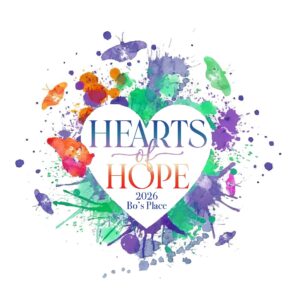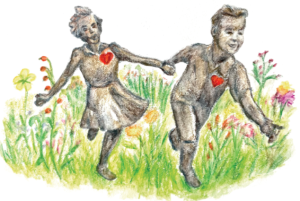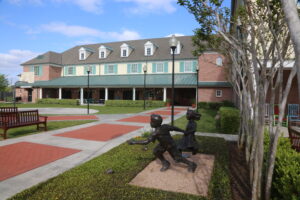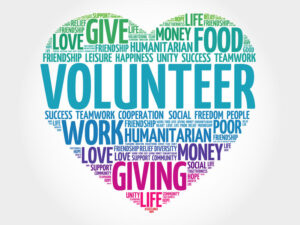
Guest Author: Stéphane Gerson
My name is Stéphane Gerson. I am a historian at NYU, a bereaved father, and the author of Disaster Falls: A Family Story (Crown, 2017).
In the summer of 2008, my eight-year-old son drowned during a vacation on the Green River. Two weeks later, I began writing about Owen and our life without him. I chronicled my infinite shifts in mood, all the things that had changed in our home, what the people around us said and did not say. Four years later, I drew from this journal to pen a memoir about the impact of a traumatic death within a family. This memoir, Disaster Falls, came out earlier this year.
I often asked myself why I was writing. Perhaps I wrote in expiation, in homage, in remembrance of Owen. Perhaps I wrote so that Owen would not be alone, or because I did not want to be alone. Perhaps I wrote to find out if I still existed, to make sure I had not vanished on the river, to stop roaming the streets.
I knew that I wrote for my wife Alison and my older son Julian (who was twelve at the time) —to leave traces of Alison and Julian, to leave traces for Alison and Julian. What I had not realized — fully realized — is that I was also writing for the countless adults who lost a sibling as children or teens and never obtained the support, the recognition they needed. Bereaved parents can feel shunted, stigmatized, overlooked. But as mothers and parents who have lost a child — a loss that is commonly seen as without equal in the world in which we live — they occupy a well-defined place.
The same is not true of siblings. Since my book came out, I have received many emails from adults who lost a brother or a sister. These messages made me understand how neglected they felt at the time, and how abandoned they still feel today.
“I lost my brother as a child, and it has haunted me for my entire adult life,” one woman wrote. “My mother spent my entire childhood talking about how she had lost ‘her son,’ but never acknowledged my pain as a sibling. The sibling loss is one that is so often discarded and discounted.”
After Owen died, my wife and I found Julian a therapist and made sure he arrived to school on time. I observed him intently, seeking to elucidate a child’s grief, intertwined with mine and yet subject to its own unseen laws.
But there was so much I could not do. When one of my nephews, four at the time, sang to Julian that his brother was dead, I did not know what to say, and thus said nothing. I declined Julian’s invitation to watch the Major League Home Run Derby because it was something I had done with Owen two weeks before his death and the memory remained too raw. Of the many other things I could not do, the most grueling for me was to take Owen’s place.
I never felt that I understood Julian’s grief— not completely. Family tragedies can sharpen the senses and open the heart, but they do not necessarily allow parents to fully understand their children.
Still, I never stopped trying, and neither did my wife. When we did not understand, we tried to imagine what it might feel like for a child to suffer losses so different from their own: the sibling who has died and the parents who now seem adrift.
The folks at Bo’s Place know just how important this is; so do many bereaved parents. I did not know — not until bereaved siblings wrote me that every time I wrote about Julian and saw his pain, something in them cheered. Decades after their brother or sister had died, they still needed to be seen.
Purchase or learn more about Disaster Falls here.
Photo credit: Nina Subin.













